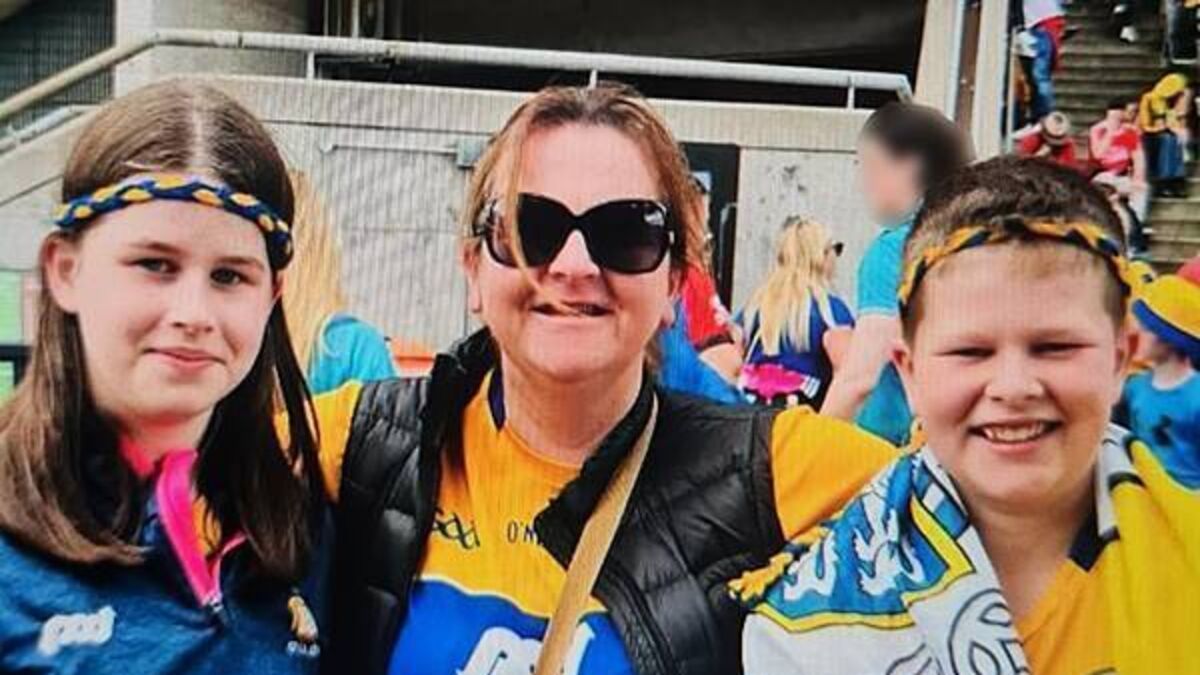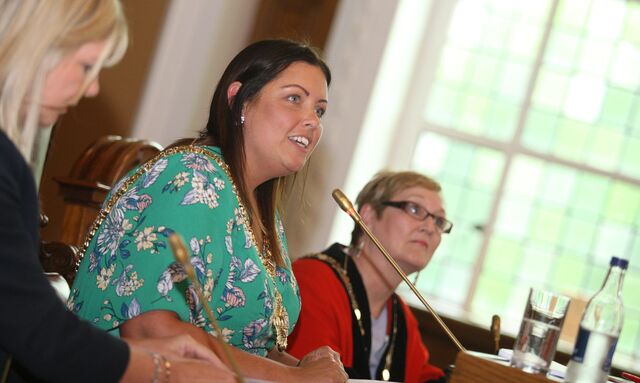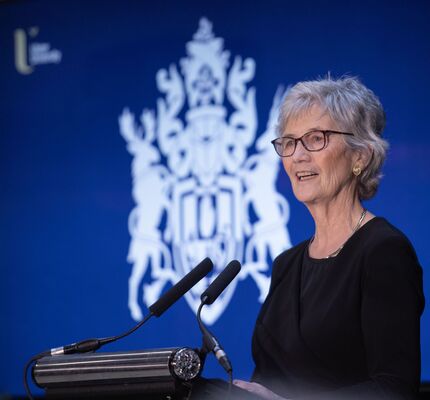AT a Féile event exploring the contents of the book Lost Gaels, GAA President Jarlath Burns began his remarks by asking the audience to remember three more Lost Gaels, Vanessa Whyte and her children James and Sara. This followed their names being remembered in Croke Park in the week they were murdered in their family home in Maguiresbridge, County Fermanagh.
There is no doubt that this Gaelic games-loving family was murdered by Ian Routledge, their husband and father.
Jarlath Burns regularly captures the essence of what we are and what we can be as a nation with ease and courage. He has been consistent in facing down cultures of misogyny and gender-based violence, and any passive tolerance of domestic violence. He stewarded an all-island response of sadness and outrage that another Irish family had been the victim of such violence.
The Executive is often justifiably criticised for a seeming intractable inability to get substantive issues over the line. However, the Violence Against Women and Girls Strategy from the Executive Office earlier this year is one item that can be pointed to as progress. Where there had been shamefully inadequate inaction in previous administrations, this strategy is being rolled out, and councils in particular are taking ownership of it. It is progress, albeit significantly under-resourced.
In November last year the National Women’s Council of Ireland produced an all-island report, coordinated with groups working across the island on violence against women, highlighting differences in jurisdictional legislation and pointing to the need to join up the violence against women strategies on the island. They have argued, in particular, for long-term sustainable funding for the frontline organisations that provide the necessary bespoke services for women and children living with the multiple forms of domestic violence.
The terror and violence of domestic abuse should have the same coordinated all-island response that was implemented for foot and mouth disease, and was argued for with Covid. Perpetrators will roam across the country, and victims need to flee to where resources are available. A shared island approach, ensuring that safe refuge is available to women, whatever county they live in, would be a demonstrably effective use of the billions invested into the Shared Island Fund.
There is little point in telling women that their experience of the insidious forms of psychological and physical forms of domestic violence are seen and understood, accompanied by glossy posters and diagrams of how violence escalates, without resources to actually support those women when the time comes for them to seek help. There are multiple reasons why women stay in environments of violence, but one of the main ones is a lack of access to an alternative accommodation where they can bring their children.
That there are differences in legislation between the North and the South is simply absurd. How can women be subject to a form of violence in one jurisdiction that is acknowledged in law, but not in the other? Or entitled to paid leave in one jurisdiction and not in the other?
Some of the fixes are simple, in that money is the fix; some are more complex. But surely with determination an all-island task force, established and resourced by both jurisdictional governments, makes sense, so that women and children on this island, whose lives are at stake, are protected to the same levels whichever county they live in.
And that that protection is long-term, robust and meaningful.







